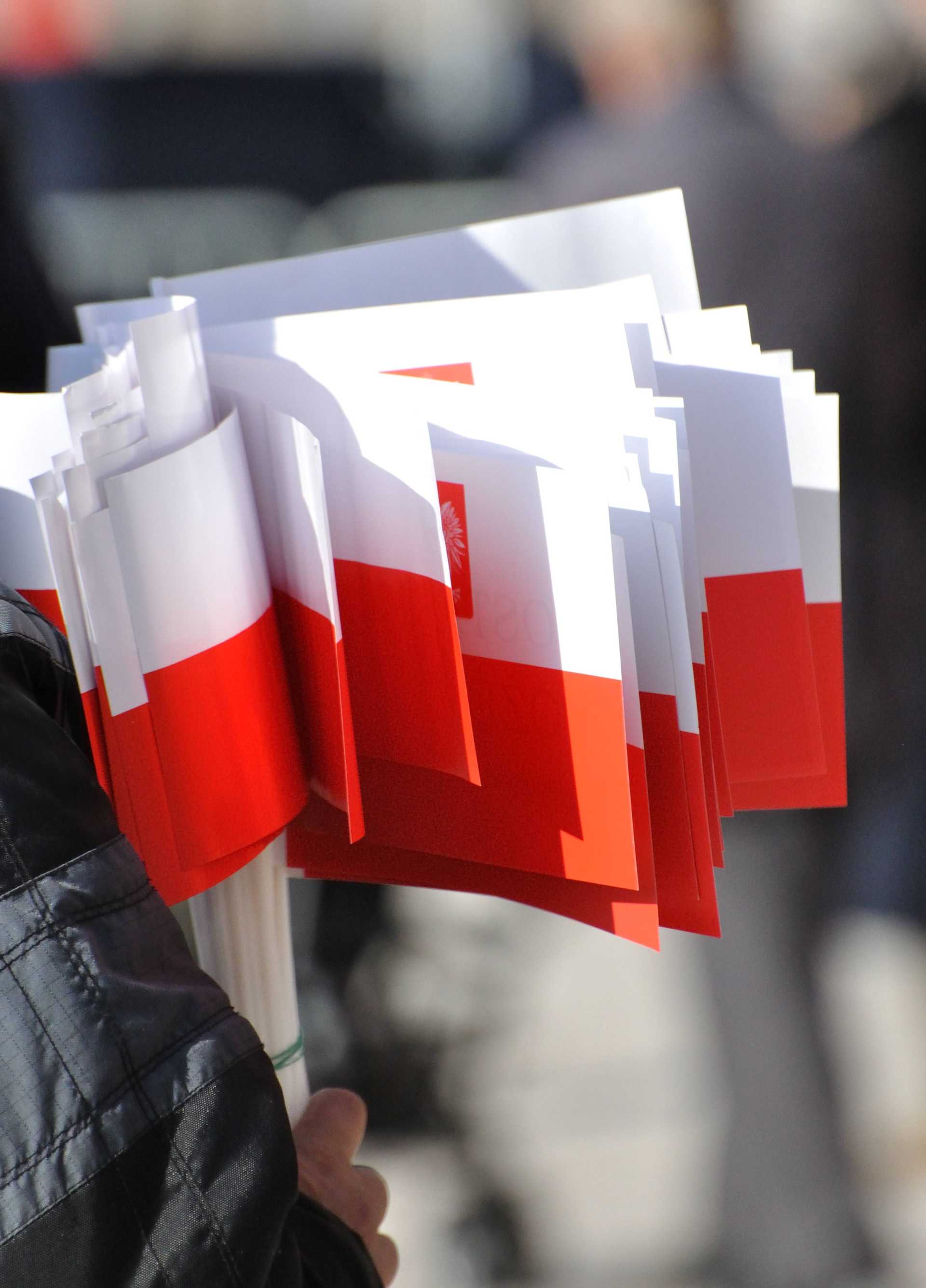Country report Poland:

Overall, the future outlooks and civic actions of young adults in Poland closely align with those of their peers in Germany, Greece, Italy and the United Kingdom, and they are more similar than they are different. In other words, the aforementioned findings also apply to 18- to 39-year-olds in Poland. Nevertheless, a few areas appear in which young adults in Poland differ from those in the other countries surveyed. Explore them here.
In all five countries surveyed, the majority of young adults identify with the political center. However, young Poles are noticeably more right-leaning than their peers abroad (23% vs. 18% on average across all the countries are right-leaning or far-right-leaning). This conservative tendency is reflected in certain political attitudes. For example, only in Poland do a majority of young adults disagree that same-sex couples should be allowed to adopt children (61% disagree vs. 31% on average). Young Poles are also the least likely to endorse quotas in parliaments and on company boards for women (38% vs. 54% on average) or ethnic minorities (29% vs. 44% on average).
Conservativism among young Poles, however, does not necessarily go hand-in-hand with democratic backsliding. Young Poles are among the most convinced in the sample that strong democratic institutions are critical to a good life, that is an independent justice system (78% vs. 69% on average), independent media outlets (62% vs. 48% on average) and citizen participation in political decision-making (61% vs. 52% on average). They are also more likely than their peers abroad to reject both authoritarian calls for too “strong” leadership and political violence: Only 18% believe that the latter can ever be morally justified (vs. 22% on average).
Statement: “Strong democratic institutions are critical to a good life”
Generally, young adults in Poland also want a secure, affordable, eco-friendly and fair future society. However, they also place more emphasis on high-paying job opportunities (67%) and high economic growth (55%) than their peers abroad (vs. 54% and 47% on average, respectively). Conversely, they attach less importance to achieving low social inequality (39% vs. 49% on average) and equal opportunity for minorities (38% vs. 53% on average). These priorities put them more in line with the conservative minorities in the other countries surveyed rather than the mainstream.
Young adults in Poland are also by far the most likely to call for a stronger military (52% vs. 30% on average) – no doubt a reflection of their fear that their country might get involved in a war (60% strongly concerned vs. 42% on average).
(vs. average 54%)
(vs. average 47%)
(vs. average 49%)
(vs. average 53%)
Among young Poles inflation is by far the most pressing concern (84%). Most believe that this problem will only continue to worsen over the next decade (68%). Along with young Greeks, they are also the least likely to believe that the climate situation will improve (42% vs. 50% on average). Perhaps this helps explain why they are second only to Italians when it comes to pessimism with regard to the future of their country (70% vs. 64% on average across all five countries).
in Poland are worried about inflation
believe that inflation will get worse within the next 10 years
think that that the climate situation will improve
are pessimistic about the future of their country
As mentioned above, besides the economy, young Poles are also considerably more concerned about threats to democracy, for example media manipulation (57% vs. 41% on average) and the erosion of the justice system (55% vs. 36% on average). They are split on whether the independence of the media and the courts will be eroded or improve. However, they do hold out some hope that governance overall will improve: Thirty-nine percent express optimism here, as opposed to 34% who are pessimistic.
Nearly all young Poles have taken at least some action to help address social and environmental problems. For the majority, this means changing individual habits like moderating energy use (84%), consumption (74%) or travel (70%). These modes of action are taken in response to both rising costs and environmental destruction — the issues on which concerned young Poles state they are most likely to take action. Compared to their peers abroad, young adults in Poland are also not shy about expressing their political opinions: Sixty-eight percent are willing to do so in face-to-face conversations (vs. 60% on average) and 47% on social media (vs. 37% on average).
In terms of collective action like participating in protests and other political events, young adults in Poland are somewhat more active than their European peers, with 30% to 35% having already engaged in civic action. Citizens’ initiatives also hold appeal in Poland, with 36% having already participated (compared to 27% across all five countries), and an additional +29% are willing to do so in the future (vs. +26%).
Appealing to their altruistic motives seems most effective when it comes to motivating these potentially active citizens. Survey respondents who are already active say they are mostly driven by their sense of civic duty. As in Greece and Germany, but unlike in Italy and the UK, young adults in Poland are also strongly motivated to engage by their desire for personal growth.
When it comes to barriers to civic action, some young Poles are also more forthright than their peers abroad about the fact that they simply do not have the courage to engage (32% vs. 21% on average). A majority believe that taking civic action could lead to risks and disadvantages. However, their risk tolerance is somewhat lower across the board, with most saying they are particularly reticent to get involved in conflicts with friends and family, to suffer financial or job disadvantages or to get into trouble with the law.
The Allianz Foundation Next Generations Study identified six engagement types in Poland and the other countries surveyed. Among those who have taken little to no civic action so far, 7% of young adults in Poland belong to the politically left-leaning group of Hesitant Progressives who have yet to act on their pronounced concerns about environmental and social justice. Members of the sizable Quiet Mainstream (27%) are also mostly inactive, but are less politically opinionated and interested. Their counterparts to the right are the Passive Traditionalists (10%), who despite their strong religious bent are not particularly involved in any social or environmental causes.
The smallest yet most organized of the three civically engaged groups are the Conservative Campaigners (14%), who through their actions seek to promote values of individual prosperity and national identity. The Proactive Center (31%) are less driven by any particular issue but nonetheless willing to be involved in shaping the future, preferably through individual actions. Finally, the Progressive Movers (12%) are the youngest and most left-leaning group, as well as the one with the highest overall level of civic engagement.
Hesitant Progressives
Quiet Mainstream
Passive Traditionalists
Conservative Campaigners
Proactive Center
Progressive Movers



